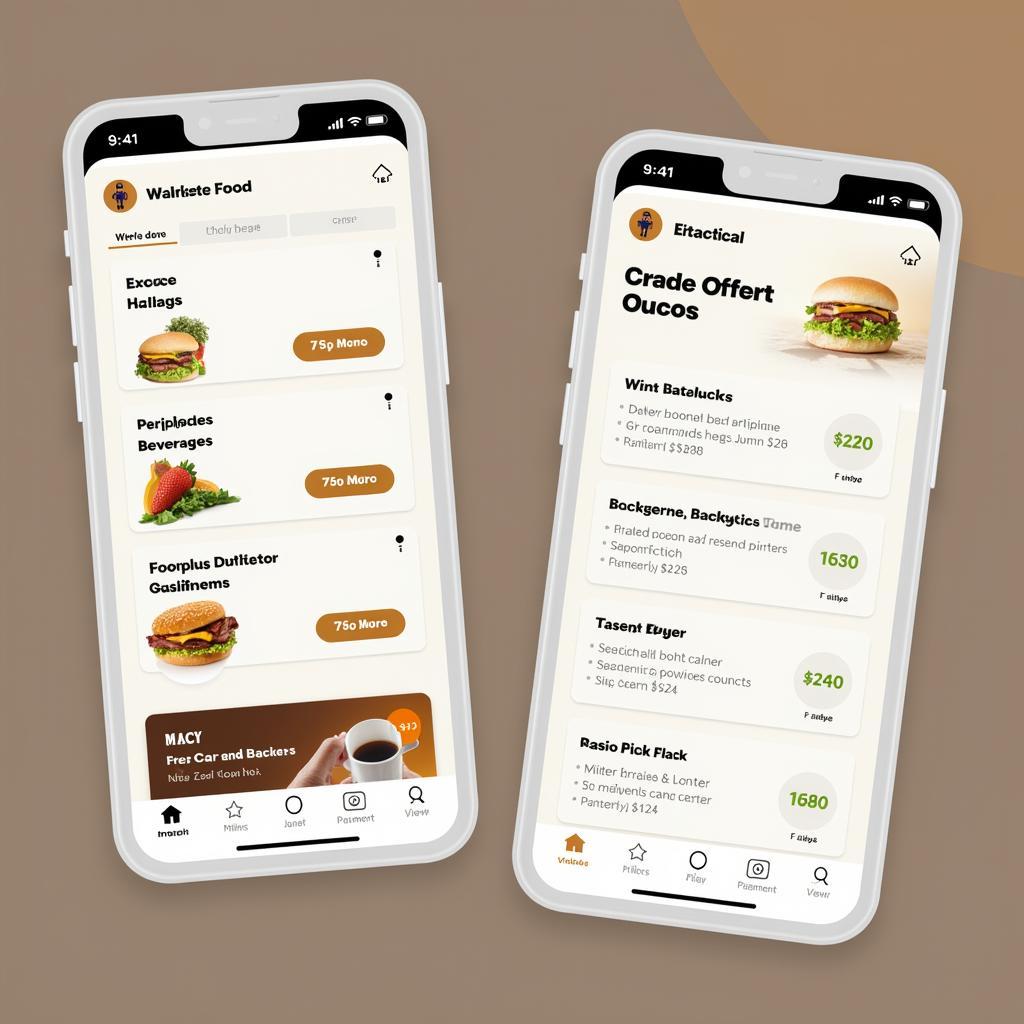Pantry Car Service Tenders are the lifeblood of onboard catering in the railway industry. They represent the formal process by which railway companies contract out the crucial task of providing food and beverages to passengers during their journeys. Understanding the intricacies of these tenders is essential for both catering companies seeking to win contracts and for individuals interested in the inner workings of railway hospitality.
Navigating the Complexities of Pantry Car Service Tenders
The world of pantry car service tenders can be complex, involving a range of legal, logistical, and financial considerations. This guide breaks down the key aspects of these tenders, offering valuable insights for both seasoned professionals and newcomers to the field. Successfully navigating these tenders requires a thorough understanding of the bidding process, contractual obligations, and the specific requirements of each railway company.
Understanding the Tendering Process
The tendering process for pantry car services typically begins with the railway company issuing a formal invitation to bid. This invitation outlines the specific requirements for the service, including the types of food and beverages to be offered, service standards, hygiene protocols, and pricing structures. Potential bidders are then required to submit detailed proposals outlining their capabilities, experience, and proposed service offerings.
The railway company evaluates the submitted bids based on a pre-determined set of criteria, including experience, financial stability, service quality, and proposed pricing. The winning bidder is then awarded the contract and is responsible for delivering the pantry car services as outlined in the tender document.
Key Considerations for Bidders
For catering companies looking to secure pantry car service tenders, several key considerations are crucial. A strong understanding of the railway company’s specific needs and passenger demographics is paramount. Developing a menu that caters to diverse tastes and dietary requirements is essential. Furthermore, demonstrating a robust supply chain and efficient logistics management system is vital for ensuring timely and consistent service delivery.
Contractual Obligations and Compliance
Once a contract is awarded, adhering to the stipulated terms and conditions is critical. This includes maintaining stringent hygiene standards, adhering to pricing guidelines, and ensuring consistent service quality. Regular audits and inspections are conducted by the railway company to ensure compliance with the contractual obligations.
The Future of Pantry Car Service Tenders
The landscape of pantry car service tenders is constantly evolving, influenced by changing consumer preferences, technological advancements, and increasing competition. Catering companies need to stay abreast of these trends and adapt their service offerings accordingly. Innovation in menu design, integration of online ordering systems, and adoption of sustainable practices are some of the key areas where catering companies can differentiate themselves.
Embracing Technology and Innovation
Integrating technology into pantry car services can significantly enhance the passenger experience and streamline operations. Mobile ordering apps, digital payment systems, and real-time inventory management tools are some of the technologies that can improve efficiency and enhance customer satisfaction.
 Pantry Car Mobile Ordering App
Pantry Car Mobile Ordering App
Conclusion: Staying Ahead in the Pantry Car Service Tender Game
Pantry car service tenders are a vital component of the railway catering industry. By understanding the complexities of the tendering process, focusing on key considerations for bidders, and embracing innovation, catering companies can position themselves for success in this competitive market. Staying informed about industry trends and adapting to evolving passenger needs is essential for securing and maintaining lucrative pantry car service contracts.
FAQ
- How often are pantry car service tenders released?
- What are the typical qualifications required for bidding on pantry car service tenders?
- How can catering companies demonstrate their experience and capabilities in their proposals?
- What are the common challenges faced by pantry car service providers?
- How are disputes related to pantry car service contracts resolved?
- What are the future trends impacting the pantry car service industry?
- How can technology be leveraged to improve pantry car services?
Common Scenarios and Questions
- Scenario: A new catering company wants to enter the railway catering market. Question: What are the initial steps they should take to understand the tendering process?
- Scenario: A catering company has consistently lost bids for pantry car service tenders. Question: What strategies can they implement to improve their chances of winning contracts?
Further Exploration
For more information on related topics, explore our articles on railway catering regulations, food safety standards in the hospitality industry, and best practices for contract management.
Need Assistance?
Contact us via WhatsApp: +1(641)206-8880, Email: [email protected]. Our 24/7 customer service team is ready to assist you.

